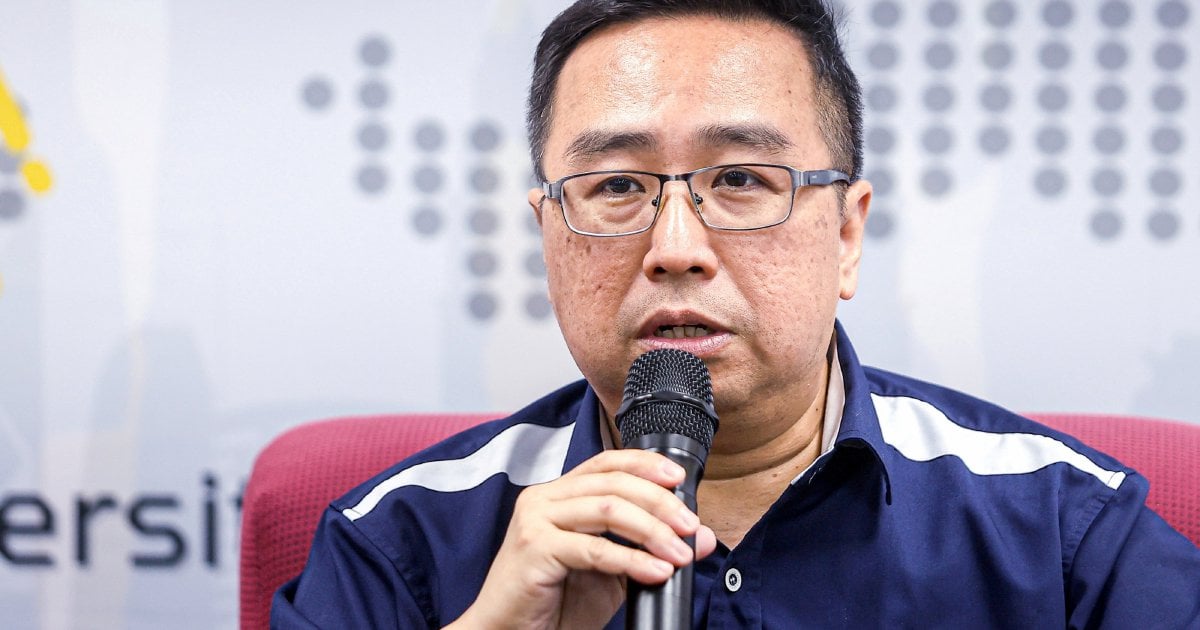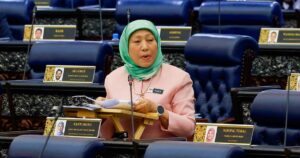KUALA LUMPUR: Malaysia’s efforts to nurture young talent in biotechnology and tbio-based economy continue to show encouraging results, according to Science, Technology and Innovation Ministry.
The ministry said Bioagrotech & Biopharmaceutical Career and Entrepreneurship Programme 2.0 (BeST 2.0), spearheaded by its agency Malaysian Bioeconomy Development Corp, had surpassed its original target of 400 graduates under 12th Malaysia Plan (12MP).
A total of 512 graduates, or 91 per cent of the 561 trained, have been absorbed into the job market across 92 biotechnology and bio-based companies through the BeST 2.0 programme.
To date, more than 200 companies have registered as host companies and offered 1,900 job opportunities.
The ministry said the achievement demonstrates the effectiveness of the programme, which began in 2021, in producing new talent in science, technology and innovation (STI) to meet the needs of the biotechnology and bio-based industries.
Its minister Chang Lih Kang said the success of BeST 2.0 reflects a significant impact on the development of the national talent ecosystem.
“The success of BeST 2.0 proves that we are capable of producing an STI workforce that not only meets industry needs but also drives the development of the country’s biotechnology and bioeconomy.
“Since the introduction of BeST 1.0 in 2007, more than 3,000 graduates have participated in this training, marking the programme’s substantial contribution in building a new generation of skilled talent for the nation,” he said during the BeST 2.0 Participants and Industry Players appreciation ceremony in Putrajaya.
He highlighted how the programme completes the country’s STI talent development chain.
“From Malaysia Techlympics, which nurtures science interest at school, to STI 100, which brings students closer to technology, and finally to BeST 2.0, which opens graduates’ career pathways into the industry – we are building a clear ecosystem from interest, to knowledge, and ultimately to career.
“This is how we ensure the aspirations of Malaysia Madani and an STI-driven economy can be realised,” he added.
BeST 2.0 not only trains the workforce but also produces new entrepreneurs.
So far, 19 BeST 2.0 graduates have chosen the entrepreneurial path through the Bioentrepreneurship Graduate Accelerator, which focuses on developing bio-entrepreneurs via contract farming with the guidance of industry companies.
Bioeconomy Corp chairman Datuk Dr Lee Boon Chye said for 2025, BeST 2.0 aims to train 80 graduates with industry placements.
To date, 91 graduates have joined the programme with 37 host companies involved, including nine graduates who have chosen the entrepreneurial path with the goal of developing start-ups supported by buy-back agreements with host companies.
He said continuous efforts must be made to ensure the programme remains relevant and impactful.
To keep BeST 2.0 aligned with industry needs, the programme needs to be expanded into new biotechnology subsectors involving artificial intelligence, augmented reality, virtual reality and green energy technology.
“We are also developing a graduate and industry trends database to strengthen more focused training modules.”
In addition, the Biokerjaya portal, launched by the ministry in 2023, will be strengthened as the main platform for job matching, while collaboration with industry, universities and technical and vocational education and training will continue to be reinforced.
“Micro-credential programmes will also be enhanced to meet current industry needs,” he said.
© New Straits Times Press (M) Bhd


![MARKET PULSE AM FEB 11, 2026 [WATCH]](https://prwire.my/wp-content/uploads/2026/02/MARKET-PULSE-AM-FEB-11-2026-WATCH-300x158.jpg)



